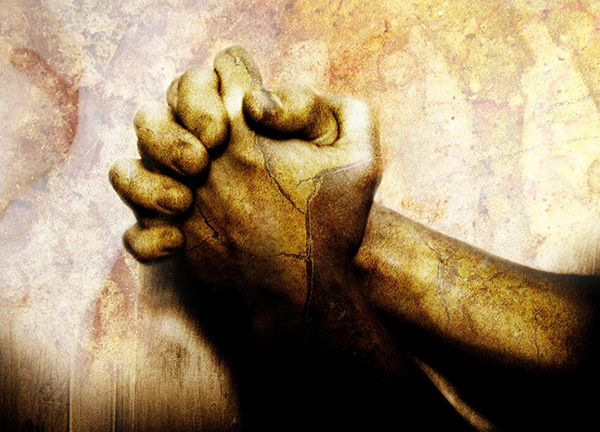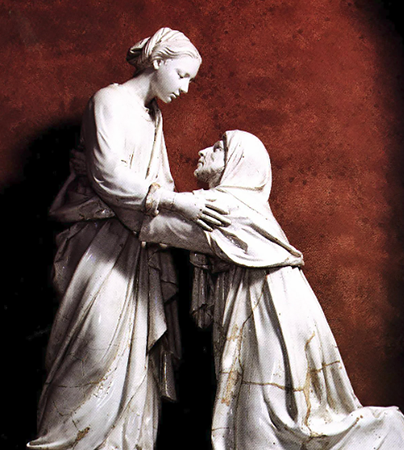
To bless the Lord means to praise, exalt, and worship Him. The word “bless” and “praise” are often said interchangeably in scripture, with blessing denoting a higher form of praise. Ashely Crane of St. Vianney writes that the idea of “blessing” is a very common one in Christianity. We ask God to bless us, and we thank him for his blessings. We pray for blessings for others. The Catechism of the Catholic Church says that “Blessing is a divine and life-giving action, the source of which is the Father” and “From the beginning until the end of time, the whole of God’s work is a blessing.” As St. James says, “Every good endowment and every perfect gift is from above.” Everything good that we have comes from God—starting with our very existence and the existence of creation all around us and culminating in the gift of God’s divine Self, “the Gift that contains all gifts, the Holy Spirit.” How can I bless or praise God? It takes only a moment to examine our lives and begin to recognize the myriad of ways in which God blesses us. But what does it mean for us to bless God? Does God need anything from us? Can we give him anything that he doesn’t already possess? Well, no. God isn’t lacking in anything, so he doesn’t need anything from us. If he did, he wouldn’t be God. But we need to give something to God. Justice—the virtue that requires us to give each person his due—requires us to offer our sacrifice of thanksgiving to God in return for his many blessings. The kind of blessing we are called upon to offer to God is fundamentally different from the kind of blessing God bestows on us. God’s blessing is something outside of ourselves that he gives to us. When we “bless the Lord,” we offer something from within ourselves to God in response. We use the same word to refer to two distinct (but related) actions. God blesses first, and our blessing of thanksgiving and adoration is always a response.









